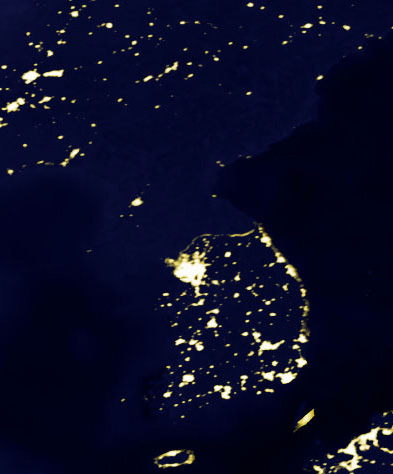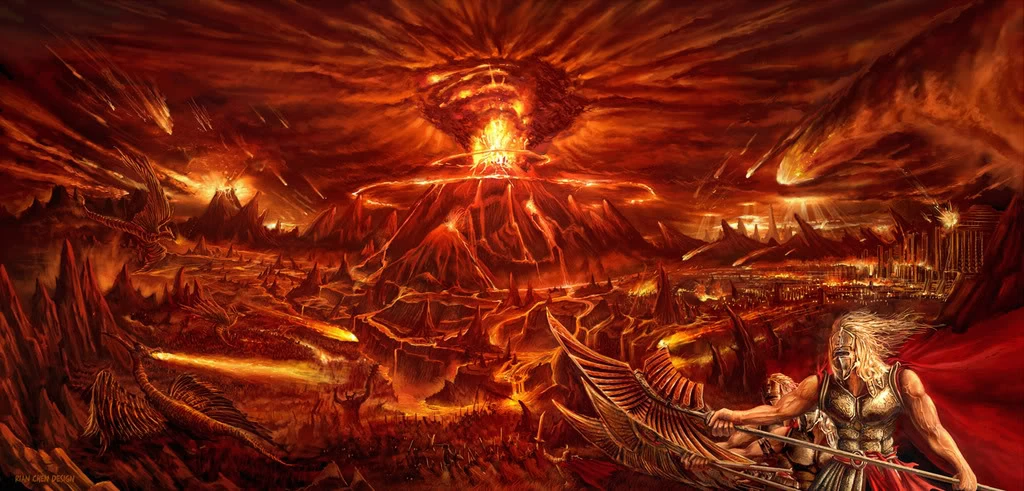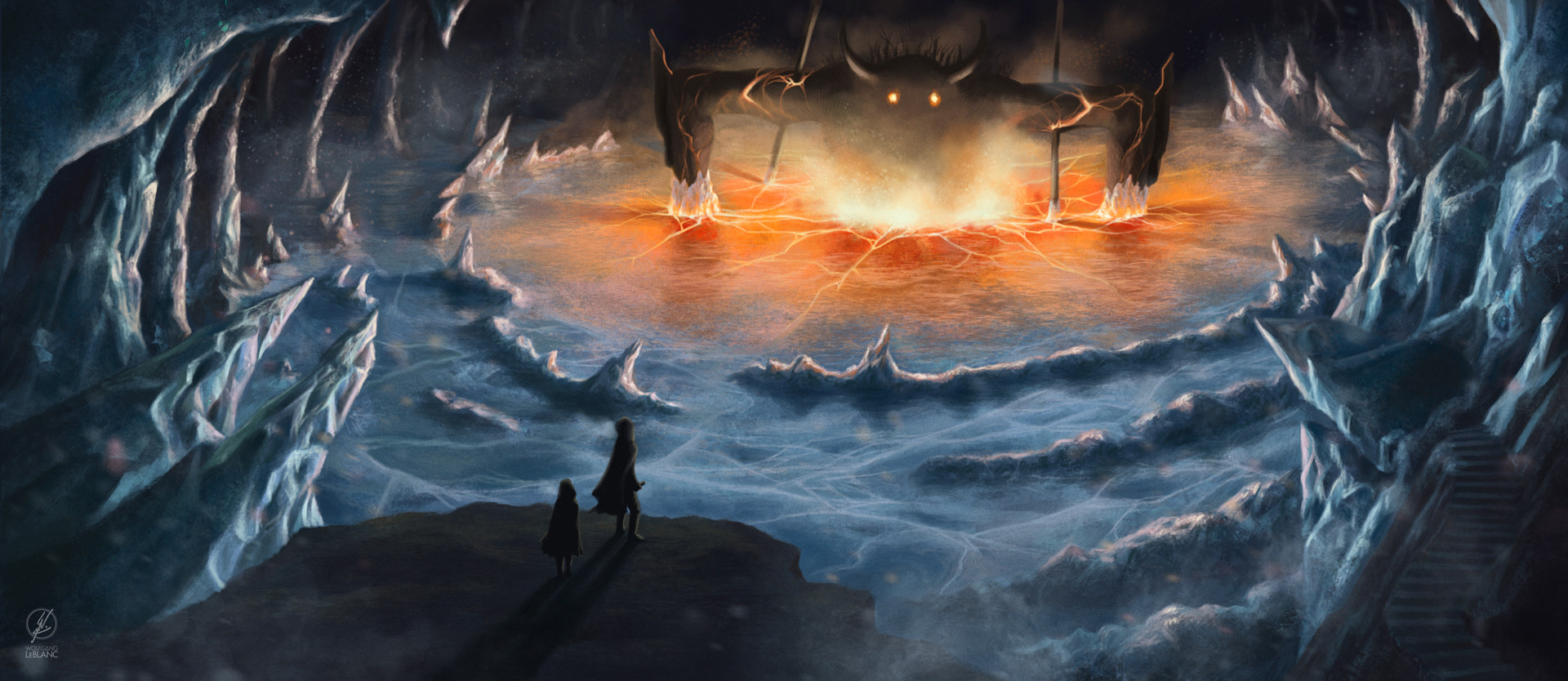 You are born in a communal barracks and your parents have no time to show you any affection. Your earliest childhood memories are of constant, excruciating hunger, as food is heavily rationed. You also know work from a very early age: you and your peers work in a similar way to your parents and their peers. You are given tasks and are regularly beaten if you do not achieve your quota — or sometimes just for the hell of it. Also, your performance of these tasks often dictates whether or not you get to eat. Everyone you know looks very similar because they only wear the same grey uniforms. The cold is excruciating, and there aren’t many opportunities to warm yourself. Your only relief is the series of brief moments where you can carve out a bit of spacetime to play (you are still a child!), and forget the hunger and beatings.
You are born in a communal barracks and your parents have no time to show you any affection. Your earliest childhood memories are of constant, excruciating hunger, as food is heavily rationed. You also know work from a very early age: you and your peers work in a similar way to your parents and their peers. You are given tasks and are regularly beaten if you do not achieve your quota — or sometimes just for the hell of it. Also, your performance of these tasks often dictates whether or not you get to eat. Everyone you know looks very similar because they only wear the same grey uniforms. The cold is excruciating, and there aren’t many opportunities to warm yourself. Your only relief is the series of brief moments where you can carve out a bit of spacetime to play (you are still a child!), and forget the hunger and beatings.
The place where you live has a school and you are taught to read and write, as well as the other basics of education. However, this includes almost nothing about the outside world. You don’t really know where you are or why you are there. You don’t know why you and everyone else is put to work, starved and beaten. The only picture that seems to emerge in your pre-teen mind is that your parents must have commited some horrible crime and that they (and you) were therefore atoning for it.
Because of constant hunger and the extreme stress of unceasing work and torture, your physical, mental, social and emotional development is severely hampered. Although you are probably not mentally retarded in the clinical sense, chances are that you will have some developmental problems for the rest of your life. In your case (as is common amongst your peers), one of your legs is shorter than the other.
Nobody is supposed to talk about what it’s like on the Outside. Occasionally, one of the older people let something slip out during a moment of private confidence. But their accounts are usually too unbelievable — you’re not stupid, you know things can’t be like that! At times, you might hear some names like Kim Il Sung and Kim Jong Il, but you don’t know who they are. Those who taught you to read and write certainly did not bother with such information.

A family member tries to escape and fails. They are shot and you are made to watch. Then, to continue the trend of collective punishment, you are tortured with incredible sadism over a period of days. Officers horizontally suspend you over a fire by your outstretched arms and legs. You will sustain burns and joint injuries from this for the rest of your life. This is but one of the many tortures you will endure. You are in your late teens.
Finally, when you’re in your very early 20s, you are put to work with a new partner who starts to talk of escape. He tells more stories of the Outside and you are motivated enough to go through with it. Together, you crawl to the barbed wire fence and dig under it using hands, wirecutters etc. You are spotted and shot at. The man is killed but you manage to crawl over his body to escape.
After hiking through the snow-covered mountains, the next day you end up in a nearby town. This is your first view of the Outside and you get the biggest shock of your life, because of two differences between here and where you came from. Firstly, everyone gets to wear any clothing they want and as a result the town is a sea of colours and not just grey. Secondly, everyone gets to obtain food in whatever manner they want. It is not handed out or rationed but instead people have these pieces of paper that they use to exchange for food. What’s more, they get to choose what they want.
These two freedoms are so novel and so unimaginable that no other freedoms you will later learn of will pale in comparison. And even though the people you are watching are citizens of North Korea — and thereby still lack more freedoms than any other nation on earth — the mere fact that they are outside your home concentration camp and can choose their clothes and food is enough for you to be shocked at how free they are. To be continued.





0 Comments